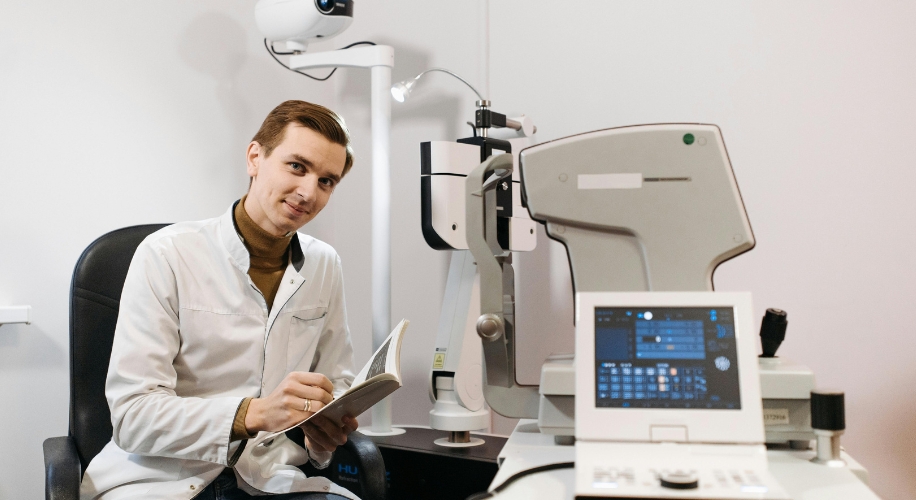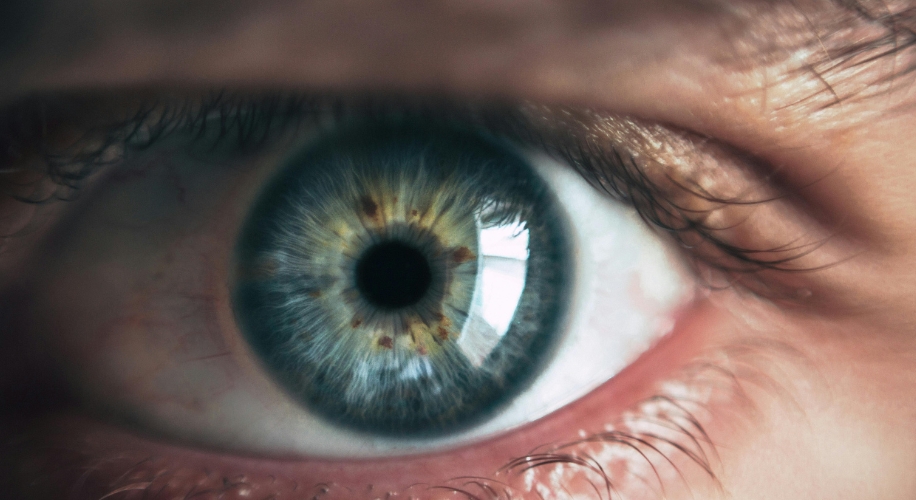Unveiling the Silent Threat: A Guide to Glaucoma and Zenni’s Commitment to Eye Health

In the intricate world of eye health, conditions like glaucoma can pose a significant threat to our vision. Glaucoma is a group of eye disorders that damage the optic nerve, leading to progressive and irreversible vision loss. Often referred to as the “silent thief of sight,” glaucoma typically advances without showing noticeable symptoms until the later stages. In this comprehensive guide, we’ll explore the intricacies of glaucoma, its risk factors, detection, and the importance of regular eye check-ups. At Zenni, it is our goal to educate patients about the significance of proactive eye care..
What is Glaucoma?
Glaucoma is a term encompassing a group of eye diseases characterized by increased intraocular pressure (IOP), which can lead to damage of the optic nerve—the vital conduit for transmitting visual information from the eyes to the brain. The optic nerve damage results in a gradual loss of peripheral vision, often unnoticed until a significant portion of vision is compromised.
Types of Glaucoma:
- Open-Angle Glaucoma: This is the most common type, characterized by a gradual increase in intraocular pressure. It progresses slowly and may not exhibit noticeable symptoms until advanced stages.
- Angle-Closure Glaucoma: This form occurs when the iris blocks the drainage angle of the eye, leading to a sudden increase in intraocular pressure. Symptoms like severe eye pain, headache, nausea, and blurred vision may be experienced.
- Normal-Tension Glaucoma: In this type, optic nerve damage occurs even with normal intraocular pressure. The exact cause is not fully understood, emphasizing the importance of regular eye examinations.
- Secondary Glaucoma: Caused by other eye conditions or diseases, secondary glaucoma may result from trauma, inflammation, or certain medications.
Risk Factors for Glaucoma:
Several factors contribute to the risk of developing glaucoma, including:
- Age: Glaucoma becomes more prevalent with age, particularly in individuals over 60.
- Family History: A family history of glaucoma increases the risk.
- Ethnicity: Certain ethnic groups, particularly African Americans, are more susceptible.
- Medical Conditions: Diabetes, high blood pressure, and heart disease can elevate the risk.
- Eye Health: Severe nearsightedness or farsightedness and a history of eye injuries may contribute.
Detecting Glaucoma:
Early detection is crucial for managing glaucoma effectively. Regular eye examinations, including measurement of intraocular pressure, evaluation of the optic nerve, and visual field testing, are essential for identifying signs of glaucoma. As symptoms are often absent until later stages, routine eye check-ups become an indispensable tool for maintaining eye health.
Zenni’s Commitment to Eye Health:
At Zenni, we recognize the importance of clear vision and eye health. While eyewear cannot prevent or cure glaucoma, regular eye check-ups can contribute to early detection. Our extensive collection of prescription eyeglasses includes a variety of styles and frames to suit different preferences, ensuring that individuals can express their style while prioritizing their vision.

In the realm of eye health, understanding glaucoma is paramount. Regular eye examinations, awareness of risk factors, and early detection are pivotal in managing this condition effectively. By prioritizing eye health and seeking routine check-ups, individuals can take proactive steps to preserve their vision and maintain a clear outlook on life. Shop Zenni today, and let’s journey together toward a future with a clear outlook on life.





 United States
United States